Pale Blue Dot.
The Official Newsletter of SRMMUN 2020
“Look again at that dot. That’s here. That’s home. That’s us.”- Carl Sagan, Pale blue dot. In a world fraught with strife, the Earth is all we have in common. And today, it embodies a wounded soldier constantly striving for survival. The significance of our lives and our fragile planet is then determined only by our own wisdom and courage. Wisdom, in realising that we are way past a wake-up call and courage, in our conscience and choices. Knowledge bestows the power of making choices in a way ignorance never can. Standing for the ideals of truth and symbolizing the voice of consciousness, the International Press is an institution that chooses to embrace the hard truth over a reassuring fable. ‘The Pale Blue Dot’ is our attempt at kindling a fire in the minds of today’s people – the positive guardians of the planet.
 SRMMUN 2020
SRMMUN 2020